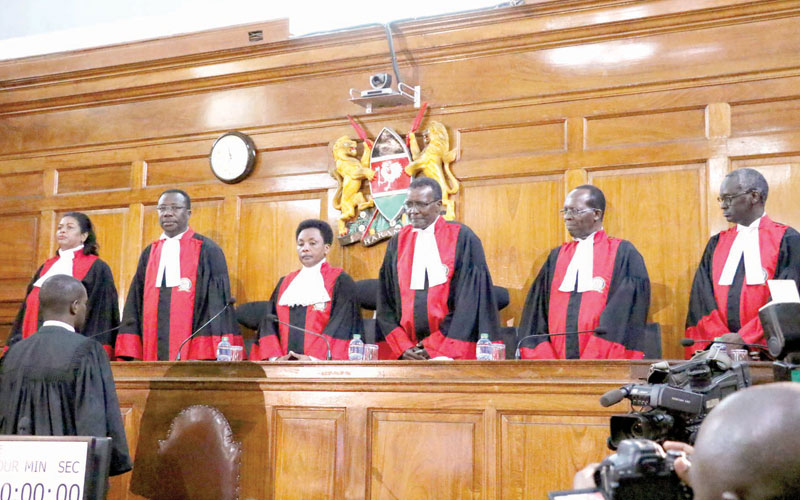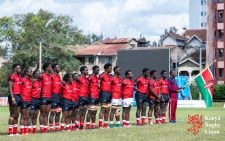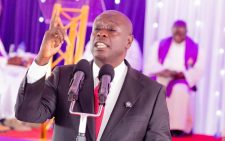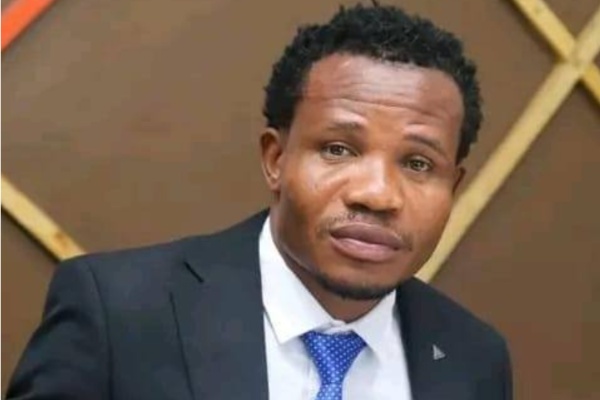Supreme Court now to handle Division of Revenue disputes

The Supreme Court will now handle contentious issues dogging the enactment of the Division of Revenue Bill following the prolonged battle between the National Assembly and the Senate.
A six-member Bench, chaired by Chief Justice David Maraga, ruled it has the power to entertain grievances by the 47 counties regarding the disbursement of revenue and dismissed a preliminary objection raised by the Speaker of the National Assembly Justin Muturi.
Muturi, through lawyer Sam Mwendwa, had applied for the dismissal of the petition by the counties seeking an advisory opinion, arguing that the Supreme Court lacked the jurisdiction to handle the case.
Legal mechanisms
The counties had not exhausted the statutory dispute resolution mechanism provided for by law, he said.
The Speaker also argued that the Supreme Court cannot issue a declaration against the National Assembly, the National Treasury and the Controller of Budget, that all grants should be disbursed to counties through the County Revenue Fund.
In the ruling read by Justice Njoki Ndung’u, the court said the National Assembly and the Senate had already settled the dispute through mediation and had filed the report.
However, there were 26 unresolved issues pending in three High Court cases but the Supreme Court will only handle specific public interest issues.
The warring parties will be notified about the specific issues by Deputy Registrar Daniel Keiwua on October 16.
During the court’s first session on June 23, Justice Maraga had expressed the court’s reservations with handling the petition since the judges were “reluctant” to intervene in the battle between the Executive and the two Houses of Parliament over the disbursement of funds to the counties.
The mediated closed-door talks between the National Assembly and the Senate opened the way for the disbursement of Sh316 billion to the devolved units, which have suffered financial difficulties during the prolonged abortive negotiations.
The Senate and National Assembly must first concur on the financial quantum before presidential assent sanctions disbursement of the funds to counties.














